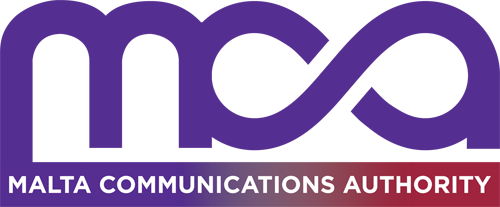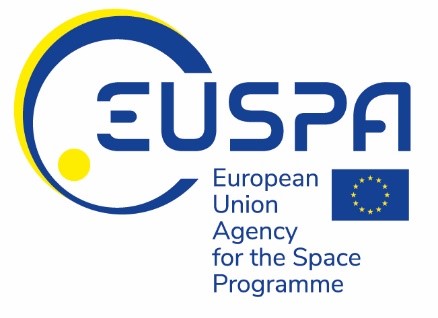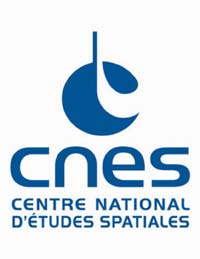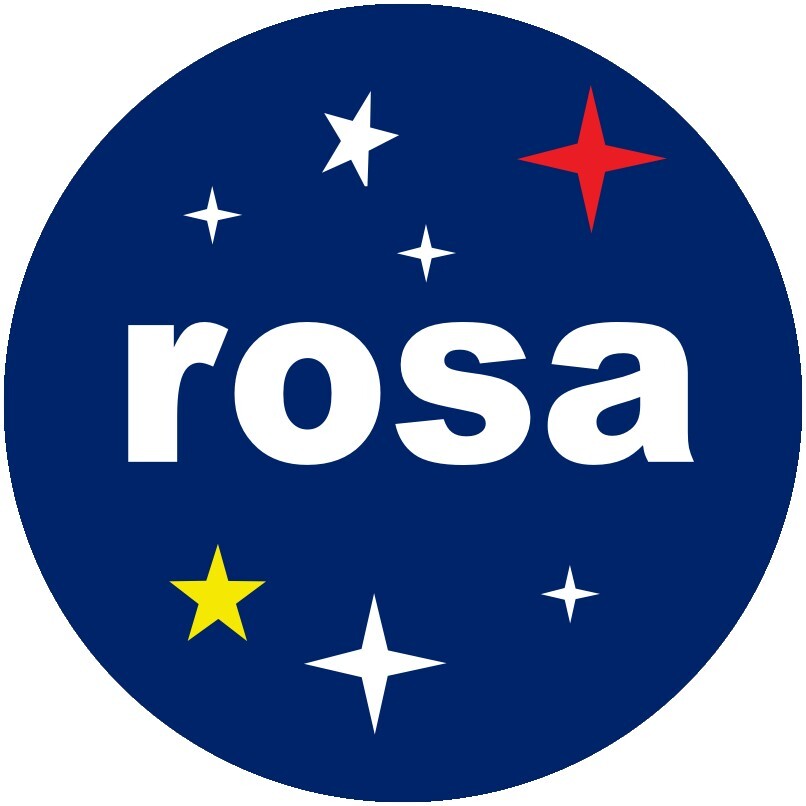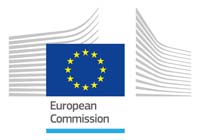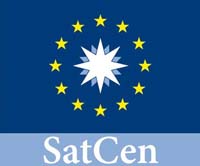The ENTRUSTED consortium associates partners representing, both, national interests of participating EU Member States and the interests of EU institutions and agencies dealing with security or defence, who can benefit from the use of secure SatCom services.
The Malta Communication Authority (MCA) is the statutory body responsible for the regulation of the various electronic communications sectors, which include fixed and mobile telephony, Internet and TV distribution services. Furthermore, the Authority regulates two other sectors which are the postal services and the eCommerce sector. The MCA works closely with all relevant stakeholders at national and EU levels to ensure regulation is proportionate, reflects the challenges facing the sector, meets consumer needs now and in the future, and benefits the Maltese communications sector, leaving positive effects on the economy at large.

